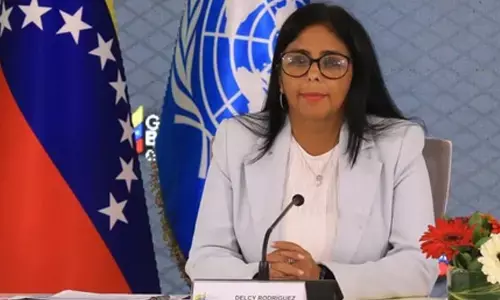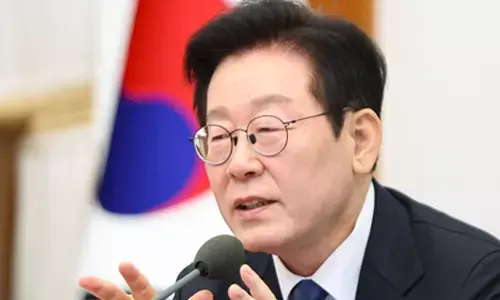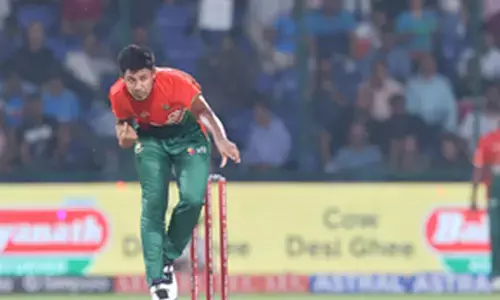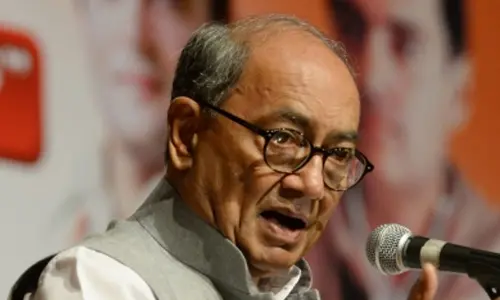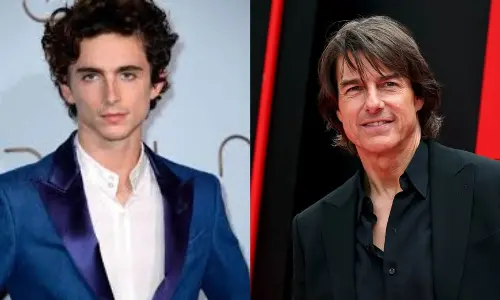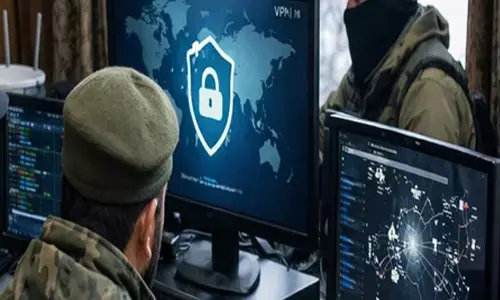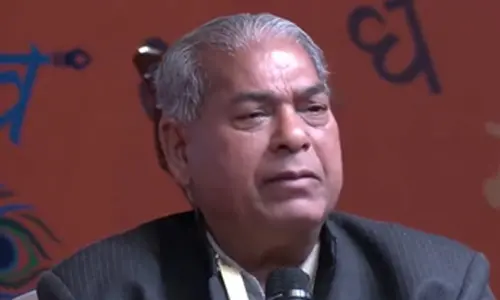Foreign minister S Jaishankar arrives in Beijing for key talks with Chinese leaders
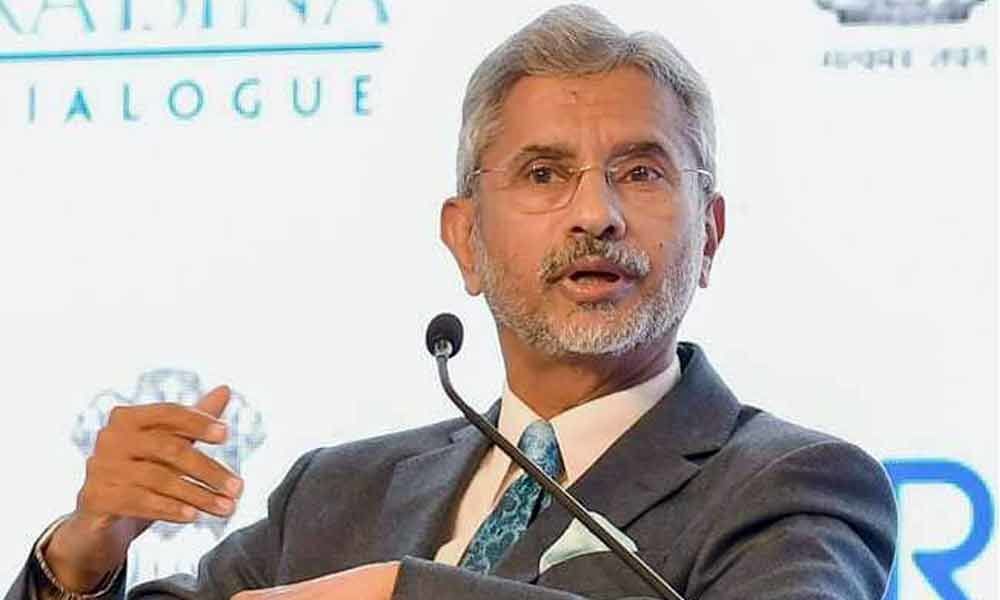
External Affairs Minister S Jaishankar arrived in Beijing on Sunday on a key three-day visit to hold talks with the Chinese leadership on a host of issues including finalisation of arrangements for President Xi Jinping’s visit to India later this year for the second informal summit with Prime Minister Narendra Modi.
Beijing: External Affairs Minister S Jaishankar arrived in Beijing on Sunday on a key three-day visit to hold talks with the Chinese leadership on a host of issues including finalisation of arrangements for President Xi Jinping's visit to India later this year for the second informal summit with Prime Minister Narendra Modi.
The visit of Jaishankar, the first Indian minister to tour China after the Modi government began its second term, is also taking place in the aftermath of India's decision to revoke special status to Jammu and Kashmir and its division into two Union Territories -Jammu and Kashmir, and Ladakh.
His visit was finalised much before India's move to revoke Article 370 of the Constitution that gave special status to Jammu and Kashmir.
Jaishankar, who was the first career diplomat to become the External Affairs Minister, served as India's Ambassador to China from 2009 to 2013, the longest tenure by an Indian envoy.
His official engagements will begin on Monday with a call on Chinese leadership. It has not been officially announced yet about whom he would be meeting.
It will be followed by bilateral meeting with Chinese State Councillor and Foreign Minister Wang Yi.
Later the two ministers will also co-chair the second meeting of the High-Level Mechanism on Cultural and People-to-People Exchanges. The first was meeting held in New Delhi last year.
They are also scheduled to address the media at the closing ceremony of the 4th India-China High Level Media Forum being organised by China Public Diplomacy Association and attend a cultural gala being held by Chinese Ministry of Foreign Affairs and Chinese Ministry of Culture and Tourism.
Four Memorandum of Understandings (MOUs) were expected to be signed during Jaishankar's visit.
Officials say his talks with Wang would cover wide ranging issues including finalisation of arrangements for the president's visit to India later this year for the second informal summit, which was expected to set the tone for the bilateral ties between the two countries for the next five years.
Modi and Xi set the bilateral relations back on track with their first-ever informal summit last year at Wuhan after a 73-day standoff at Doklam between the two militaries in 2017.
The longstanding issue of India's concerns over trade deficit, which last year climbed to over USD 57 billion in the USD 95.5 billion bilateral trade, was expected to figure in talks.
Official expectations are that the bilateral trade for the first time would cross USD 100 billion this year.
Chinese officials have been holding talks with their counterparts to enhance India's exports specially the pharmaceuticals and IT besides agricultural products. India is also seeking major Chinese investments in Modi's 'Make in India' campaign.
Jaishankar's visit comes days after Pakistan Foreign Minister Shah Mahmood Qureshi travelled to Beijing on August 9 to seek China's support for his country's attempts to take India's move to revoke special status to Kashmir to the UN Security Council.
India has maintained that Jammu and Kashmir is its integral part and the issue is strictly internal to the country.
After India's move, China issued two separate statements outlining its position on Ladakh and, Jammu and Kashmir.
In one statement, China objected to the formation of Ladakh as Union Territory by India, saying it undermined its territorial sovereignty.
It also expressed "serious concern" about the current situation in the region and said "relevant sides need to exercise restraint and act prudently".
In New Delhi, External Affairs Ministry spokesperson Raveesh Kumar said, "India does not comment on the internal affairs of other countries and similarly expects other countries to do likewise." On China's comment on Ladakh, Kumar said India and China have agreed to a fair, reasonable and mutually acceptable settlement of the boundary question on the basis of the 'Political Parameters and Guiding Principles' for the settlement of India-China boundary question.
Pending such a settlement, both sides have agreed to maintain peace and tranquility in the border areas on the basis of the relevant agreements, Kumar said in New Delhi.
An official statement by the Chinese Foreign Ministry issued after Wang's talks with Qureshi identified both India and Pakistan as "friendly neighbours" and wanted them to resolve the Kashmir issue through UN resolutions and "bilateral agreement", in an apparent reference to the Simla agreement.
However, there was no reference in the statement about China's response to Pakistan's decision to approach UNSC.









